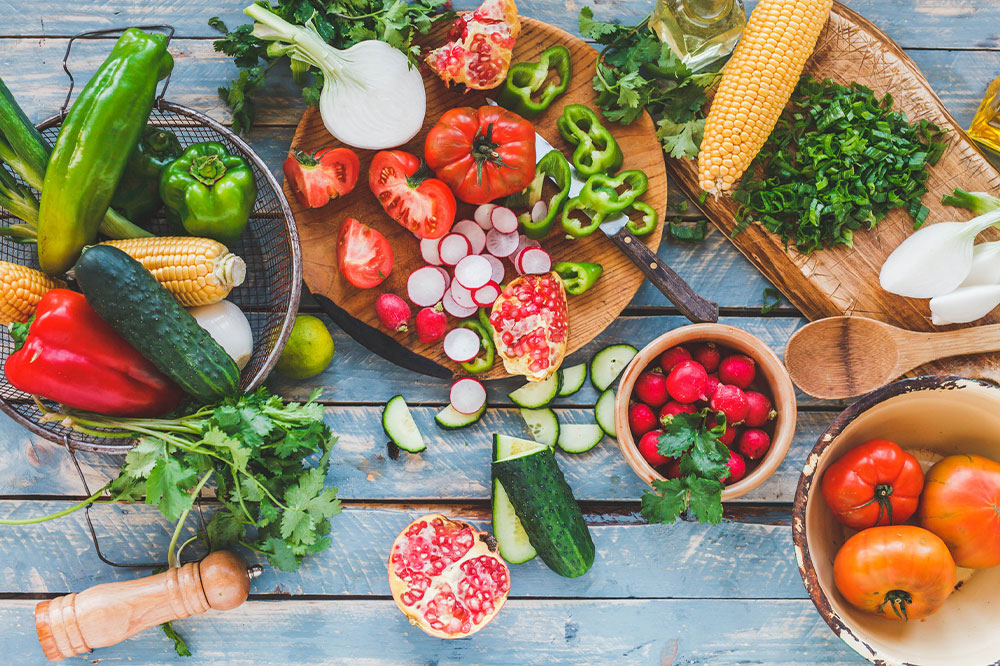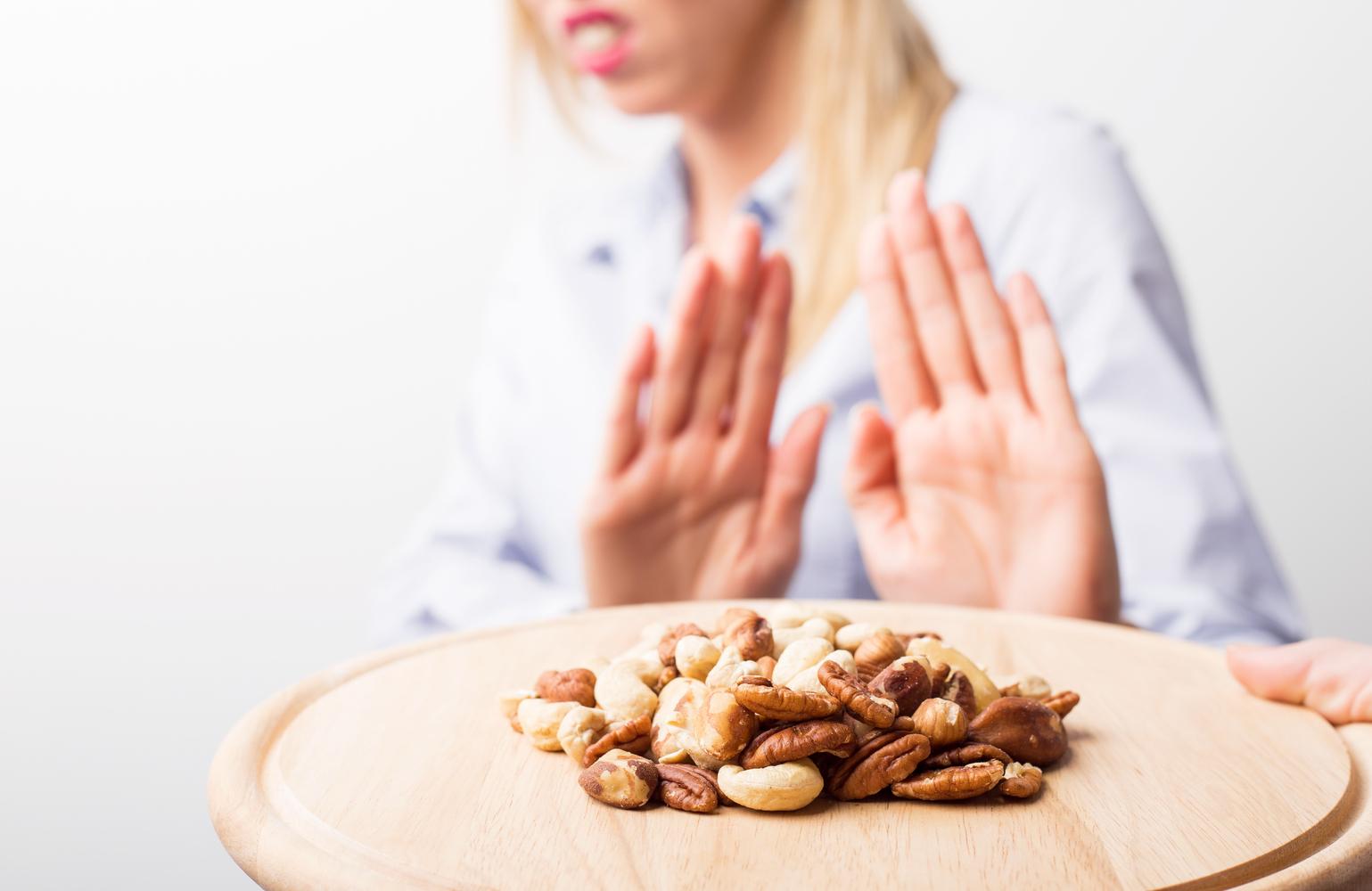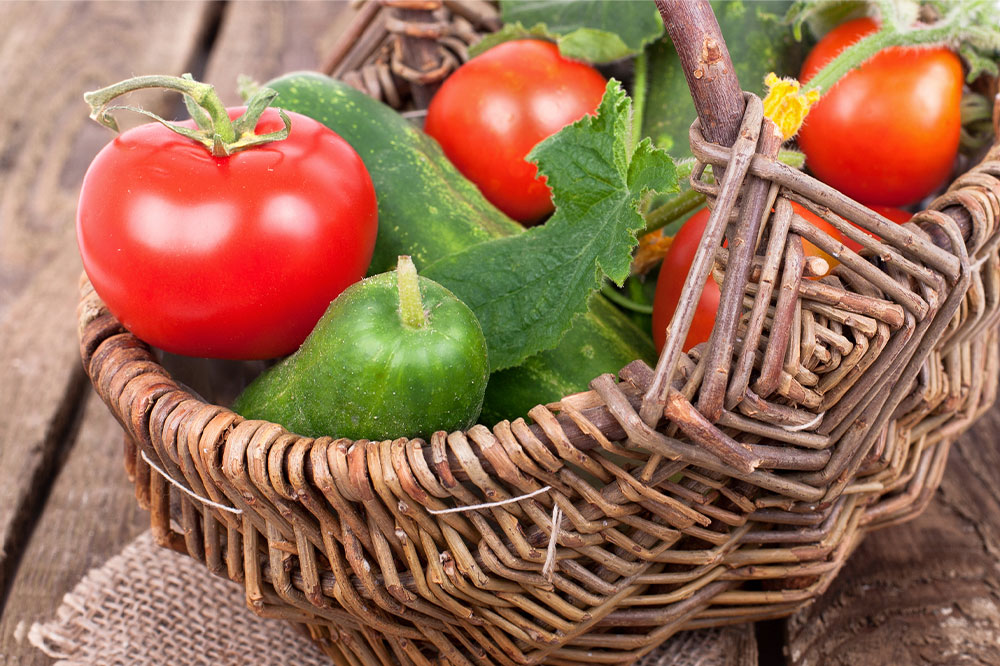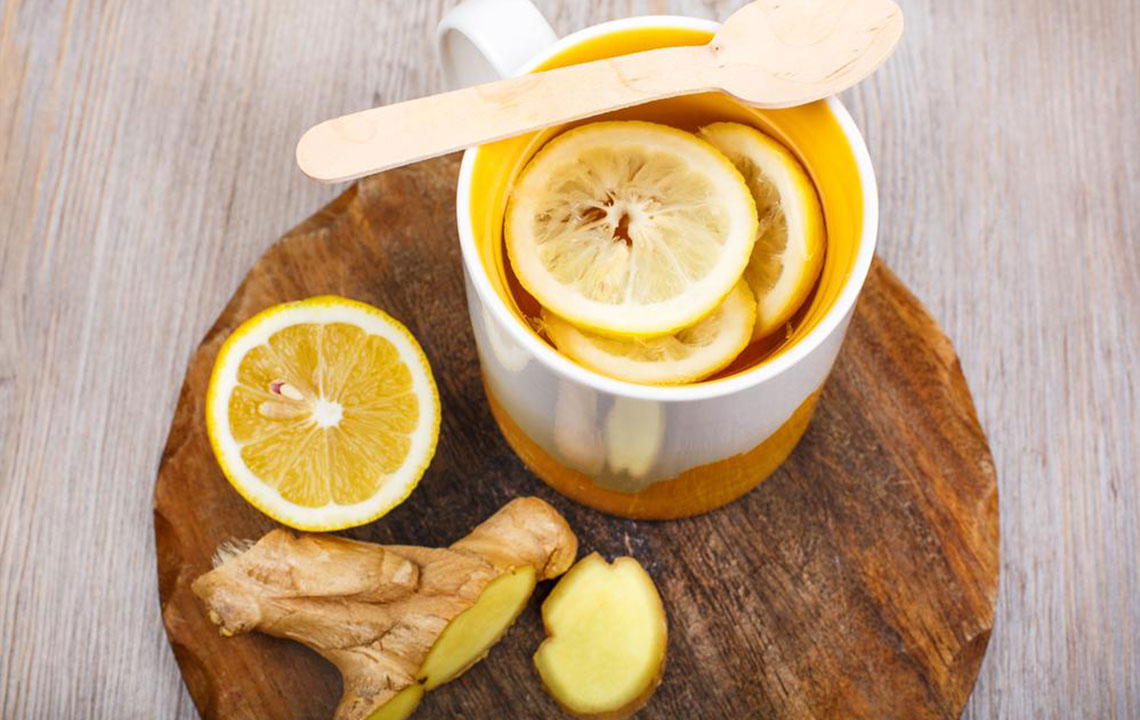Top Foods to Avoid for Maintaining a Healthy Bladder and Preventing Discomfort
Discover which foods and beverages can irritate your bladder and learn effective dietary strategies to promote bladder health. This comprehensive guide highlights common culprits such as citrus fruits, spicy foods, caffeine, and sugar, offering practical tips to reduce discomfort and improve quality of life. Tailored dietary advice can help manage symptoms of bladder sensitivity, urgency, and incontinence, enhancing overall well-being. Consult a healthcare professional for personalized guidance on creating a bladder-friendly diet effectively.
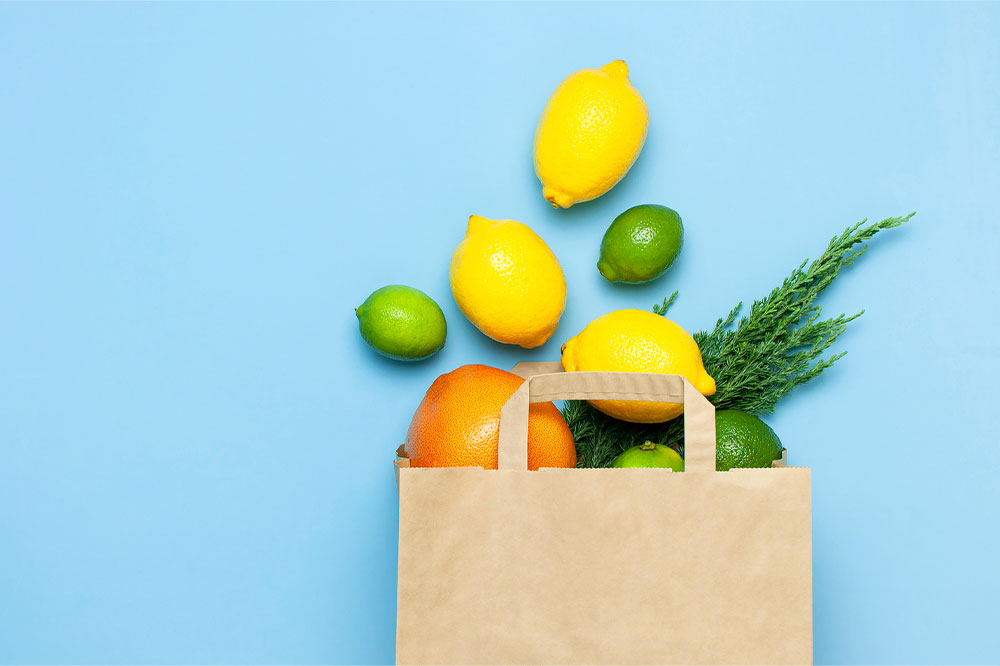
Top Foods to Avoid for Maintaining a Healthy Bladder and Preventing Discomfort
The urinary bladder plays a crucial role in storing and releasing urine, functioning through its muscular walls that expand and contract seamlessly to facilitate waste elimination. However, certain foods and beverages can irritate this delicate organ, leading to symptoms such as urgency, frequent urination, pain, or even incontinence, especially in individuals who have sensitive or inflamed bladders. Recognizing which foods to limit or eliminate can significantly promote healthier bladder function, reduce discomfort, and improve overall quality of life.
Citrus fruits
Citrus fruits like lemons, oranges, and limes are rich in citric acid, which can be problematic for bladder health. The acidity in these fruits may irritate the bladder lining, intensifying symptoms such as urgency, burning sensations, or pain. While citrus fruits are highly nutritious, it's advisable for individuals experiencing bladder symptoms to limit their intake, especially in concentrated forms such as juices, sauces, and marinades. Additionally, tomatoes and grapefruits, which also contain acids, should be consumed with caution, particularly in processed or concentrated forms like ketchup or sauces, to prevent aggravating bladder issues.
High-salt, spicy, and processed foods
Spicy foods, including hot peppers, chili powders, and spicy seasonings, can irritate the bladder's lining, causing inflammation and discomfort. These spicy foods may also trigger a sensation of urgency or pain, especially in individuals with sensitive or already inflamed bladders. Excessive salt consumption can contribute to bladder problems by promoting water retention, which increases pressure on the bladder and heightens the urge to urinate frequently. Processed snacks such as chips, salted nuts, and foods laden with artificial preservatives further irritate the bladder and should be consumed in moderation. A diet low in processed and spicy foods can help reduce symptoms and support bladder health.
Chocolate
Many varieties of chocolate contain caffeine, which is a known bladder irritant. Consuming caffeine can increase bladder contractions, leading to increased urgency and leakage for those with overactive bladder. For individuals managing bladder sensitivity, opting for dark chocolate with higher cocoa content or even white chocolate, which contains little to no caffeine, might be a better alternative, though moderation remains key.
Sugar
Elevated intake of sugar, whether from refined sugars, honey, artificial sweeteners, or sugary processed foods, can stimulate increased urine production and contribute to bladder discomfort. High sugar consumption may also promote inflammation and exacerbate symptoms of overactive bladder or incontinence. Maintaining a balanced diet with limited sugary foods can significantly mitigate bladder sensitivity and improve symptoms.
Beverages
Beverages containing caffeine, such as coffee, tea, sodas, and energy drinks, act as diuretics, elevating urine volume and stimulating bladder activity. Frequent consumption of these drinks can lead to increased urgency, frequency, and discomfort. For individuals aiming to maintain bladder control, reducing or eliminating caffeinated beverages, and opting for water or herbal teas, can be highly beneficial.
It’s essential to recognize that dietary responses vary among individuals based on age, overall health, and severity of bladder symptoms. Consulting with a healthcare professional or a registered dietitian is recommended to customize dietary adjustments suited to individual needs and to develop a comprehensive bladder-friendly diet plan.
